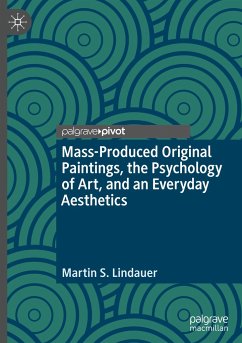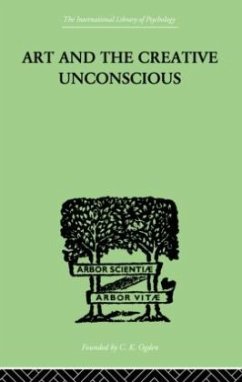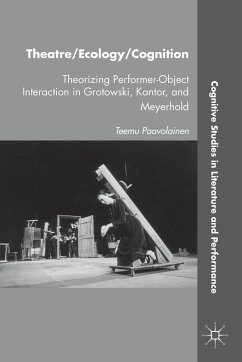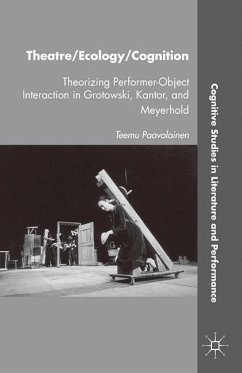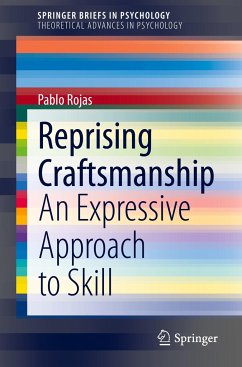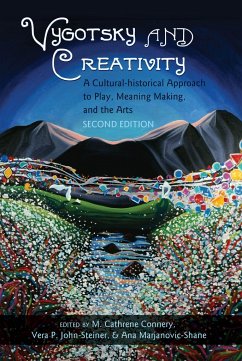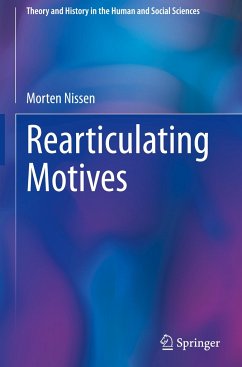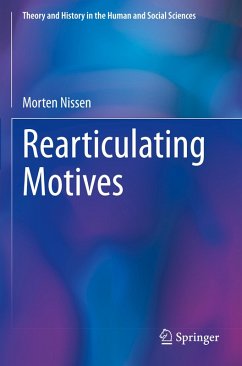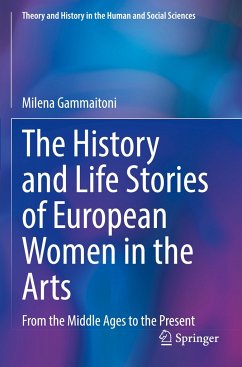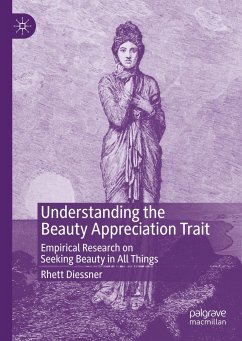
Psychology and Philosophy of Abstract Art
Neuro-Aesthetics, Perception and Comprehension

PAYBACK Punkte
21 °P sammeln!
This book examines how we perceive and understand abstract art in contrast to artworks that represent reality. Philosophical, psychological and neuroscience research, including the work of philosopher Paul Crowther, are considered and out of these approaches a complex model is developed to account for this experience. The understanding embodied in this model is rooted in facet theory, mapping sentences and partially ordered analyses, which together provide a comprehensive understanding of the perceptual experience of abstract art.





